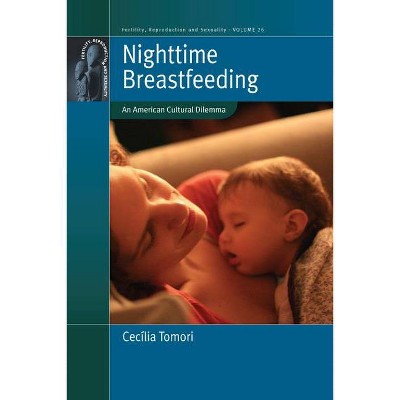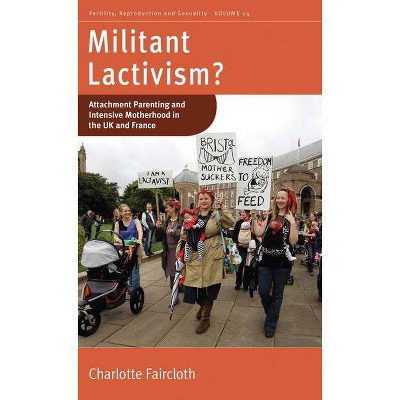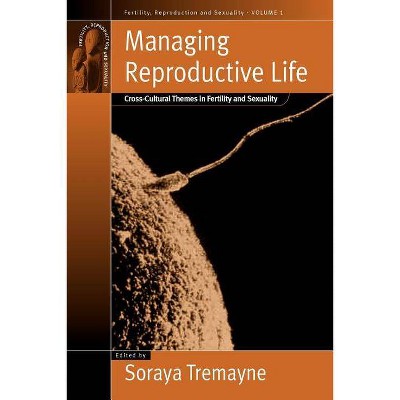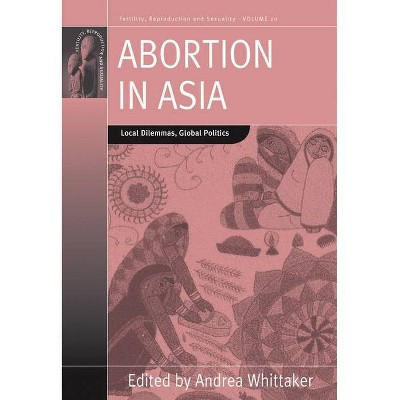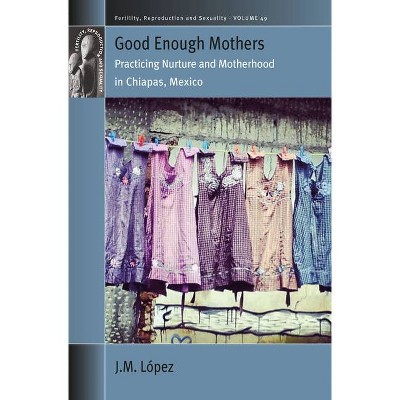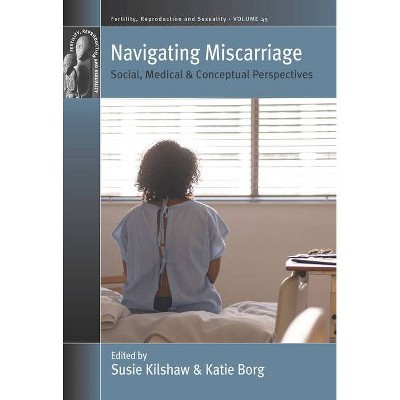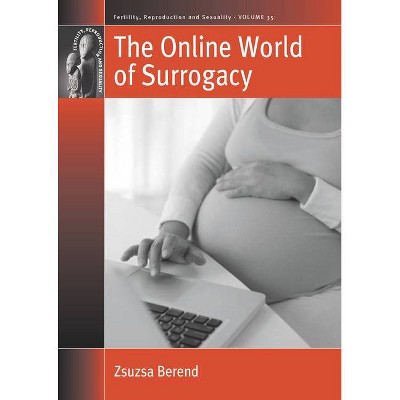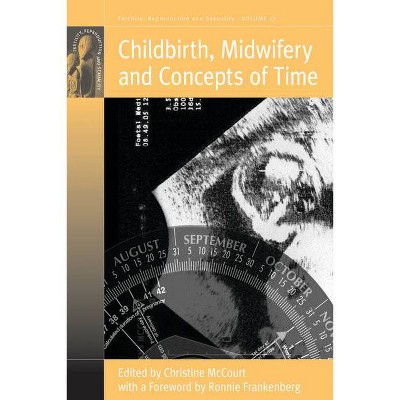Where There Is No Midwife - (Fertility, Reproduction and Sexuality: Social and Cultural P) by Sarah Pinto (Paperback)
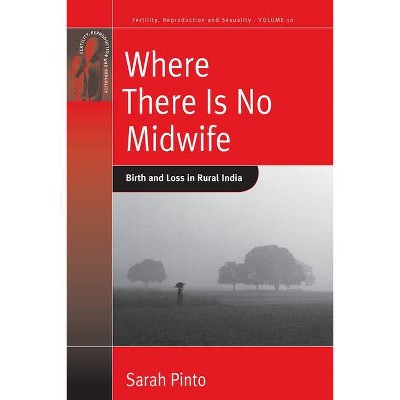
Similar Products
Products of same category from the store
AllProduct info
<p/><br></br><p><b> Book Synopsis </b></p></br></br><p> In the Sitapurdistrict of Uttar Pradesh, an agricultural region with high rates of infant mortality, maternal health services are poor while family planning efforts are intensive. By following the daily lives of women in this setting, the author considers the women's own experiences of birth and infant death, their ways of making-do, and the hierarchies they create and contend with. This book develops an approach to the care that focuses on emotion, domestic spaces, illicit and extra-institutional biomedicine, and household and neighborly relations that these women are able to access. It shows that, as part of the concatenation of affect and access, globalized moralities about reproduction are dependent on ambiguous ideas about caste. Through the unfolding of birth and death, a new vision of untouchability emerges that is integral to visions of progress.</p><p/><br></br><p><b> Review Quotes </b></p></br></br><br><p> "<em>The book constantly changes between the micro level of the village with good, long quotes or stories from the field to the geopolitics and theories of development. The former really brings the topic to life for the reader, whilst the latter sets the book in the wider socio-economic and political context of India today...Pinto tells a lovely story of applied research ethics, which many who have conducted research in developing countries and/or with marginalised people have experienced...an exciting and useful book for those interested in 'Development Studies'; 'Reproductive Health'; 'Women's Studies', the 'Sociology of Health & Illness' as well as, of course 'Medical Anthropology'</em>."<b> - </b><strong>Sociological Research Online</strong></p> <p> "...<em>a fascinating new ethnography on birth and infant death and the ways in which these twin events serve as sites for the construction of political subjectivity in areas of rural North India where multiple development projects and discourses converge, leaving in their wake both excess and lack...it provides provocative insights into some of the forces that set our globe off</em><em>kilter</em>."<b> - </b><strong>Medical Anthropological Quarterly</strong></p> <p> <i>Drawing on the theoretical literature of medical anthropology as well as that of psychoanalysis, this is a complex, multilayered work. Pinto is a fine writer, and throughout the book her ethnography... [that] holds together brilliantly... beautifully illuminates her theoretical argument... [and] makes a significant contribution to the literature on reproduction, globalization, and development in India.</i><b> - South East Review of Asian Studies</b></p> <p> <i>...[the] ethnography is...rich, topical, and thought-provoking. </i><b> - JRAI</b></p> <p> "<em>Pinto masterfully intertwines reproductive health experiences of women in Uttar Pradesh with wider concerns...Pinto's book is a valuable contribution to the anthropology of childbirth in India. The author has produced an insightful work enriched with detailed ethnographic descriptions, intense case studies, and nuanced personal reflections on her fieldwork and the production of ethnographic knowledge <b> - </b> <strong>Anthropos</strong></em></p><br>
Price History
Cheapest price in the interval: 34.95 on November 8, 2021
Most expensive price in the interval: 34.95 on December 20, 2021
Price Archive shows prices from various stores, lets you see history and find the cheapest. There is no actual sale on the website. For all support, inquiry and suggestion messagescommunication@pricearchive.us
